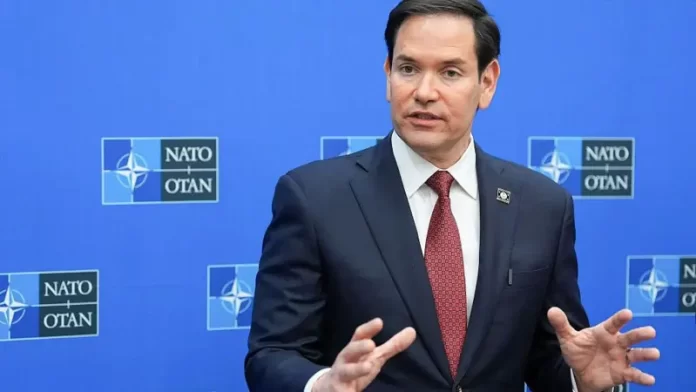The United States government has announced an immediate suspension of all visa privileges for holders of South Sudanese passports, effectively banning their entry into the country.
The decision was announced on Saturday by U.S. Secretary of State Marco Rubio, who cited South Sudan’s failure to cooperate with the repatriation of its nationals as the primary reason behind the sweeping policy.
“I am taking actions to revoke all visas held by South Sudanese passport holders effective immediately, due to the failure of South Sudan’s transitional government to accept the return of its repatriated citizens in a timely manner,” said Rubio during a press briefing.
The move not only revokes current visas but also halts future visa issuance for South Sudanese citizens.
“It is time for the Transitional Government of South Sudan to stop taking advantage of the United States. Every country must accept the return of its citizens in a timely manner when another country, including the United States, seeks to remove them,” Rubio noted.
This announcement aligns with President Donald Trump’s hardline immigration policies, which emphasize mass deportations and strict enforcement.
The decision comes amid growing fears that South Sudan may relapse into civil war. On March 8, the U.S. ordered all non-emergency staff to evacuate from South Sudan due to escalating violence that threatens the fragile 2018 peace agreement.
Many South Sudanese nationals in the U.S. had previously been granted Temporary Protected Status (TPS), allowing them to remain in the country legally for a limited time. However, that protection was set to expire on May 3.
South Sudan, the world’s newest nation, gained independence from Sudan in 2011. However, internal political tensions led to a devastating civil war just two years later, claiming over 400,000 lives. Although a 2018 power-sharing agreement ended active hostilities, critical elements of the accord — including elections, a permanent constitution, and military unification — remain unfulfilled.















